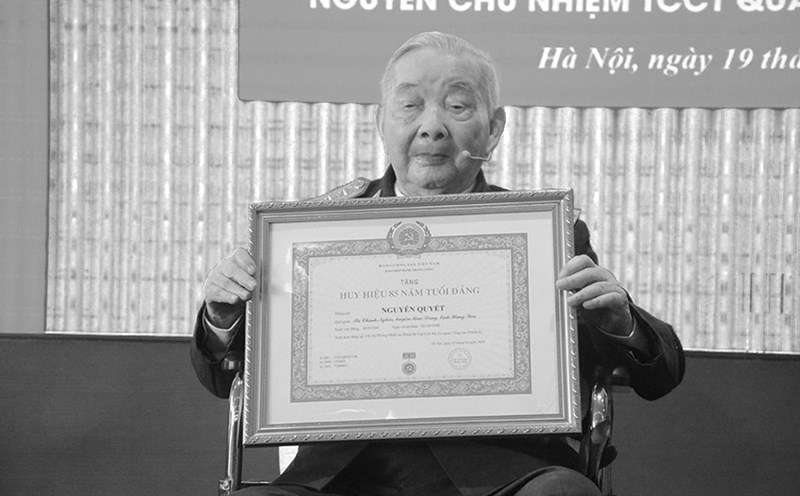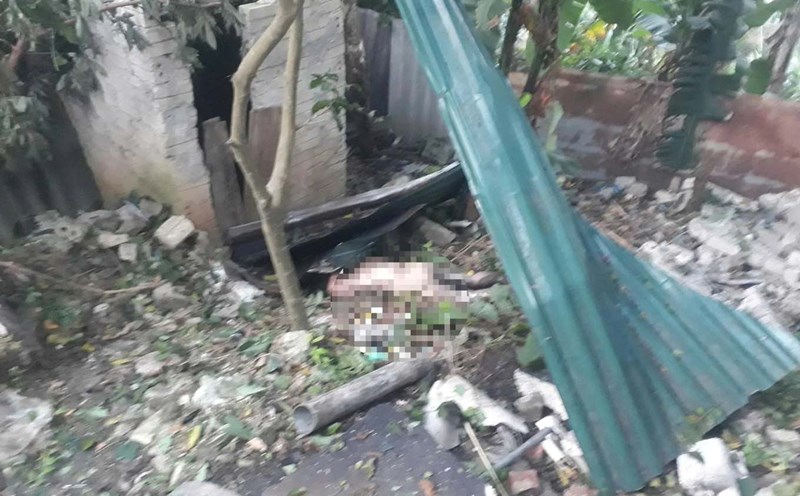A mysterious disease in the Democratic Republic of Congo has infected more than 400 people and killed more than 30, mostly children, according to the World Health Organization (WHO).
WHO Director-General Tedros Adhanom Ghebreyesus said at a press conference on Tuesday that the WHO was only informed about the outbreak two weeks ago, which is centered in a remote area of Kwango province in the southwest of the Central African nation.
Ten of the initial 12 samples from the victims tested positive for malaria, suggesting that the patients may have had multiple illnesses at the same time, Ghebreyesus said. All of those who contracted the mysterious illness were severely malnourished, which weakened their immune systems.
A team of experts including epidemiologists, clinicians, laboratory technicians and infection control experts arrived in Panzi on Tuesday morning. It took them several days to get there due to difficulties in transportation during the rainy season.
The Panzi health district of Kwango is a remote rural area more than 400 miles from Kinshasa, the capital of the Democratic Republic of Congo. Access by road – about 48 hours from Kinshasa – is difficult during the rainy season and communication is limited, making it difficult to identify the disease, the WHO said.
WHO researchers are also trying to understand how the "mystery" disease is transmitted from person to person and are looking for other people who may have been infected or died from the disease.
In Vietnam, the Department of Preventive Medicine - Ministry of Health said that in case of new developments in this "mysterious" epidemic, it will coordinate with the World Health Organization, the US CDC and relevant units to assess the risk to propose appropriate responses, including strengthening medical quarantine work.
The Department of Preventive Medicine will continue to monitor and closely follow the developments of the epidemic situation; proactively conduct event-based surveillance with information about the epidemic in the Democratic Republic of Congo; coordinate with the World Health Organization and IHR focal points of countries to update and share information about the epidemic.











